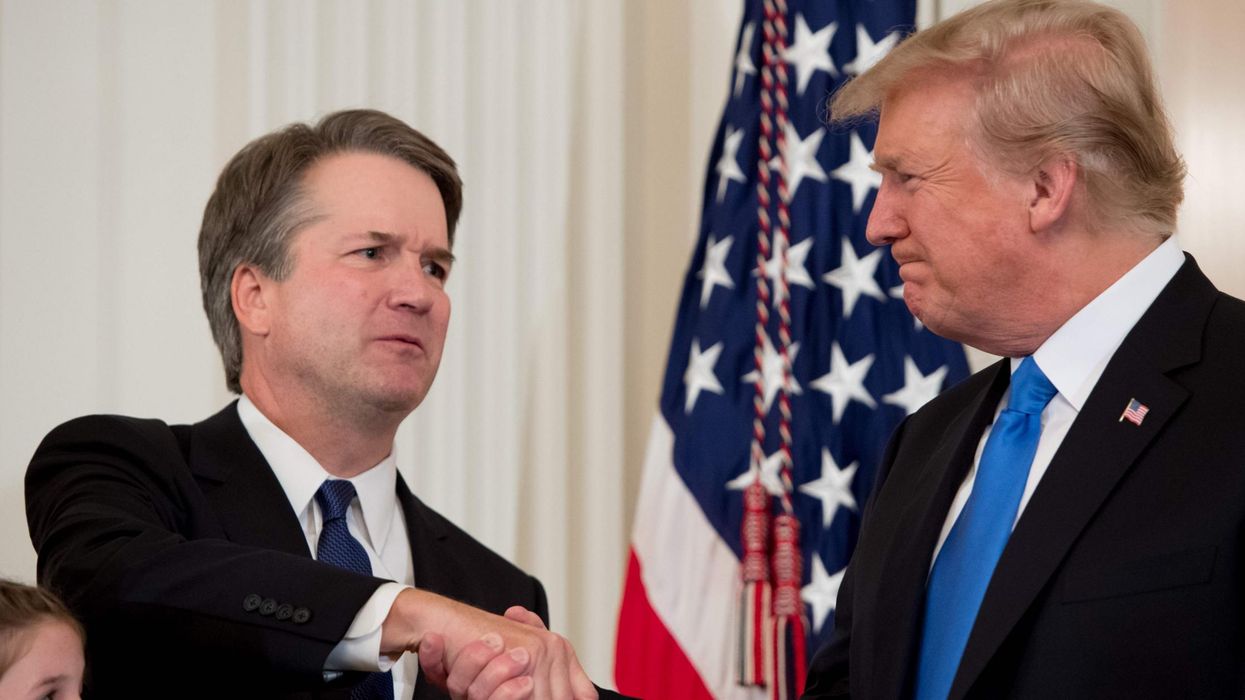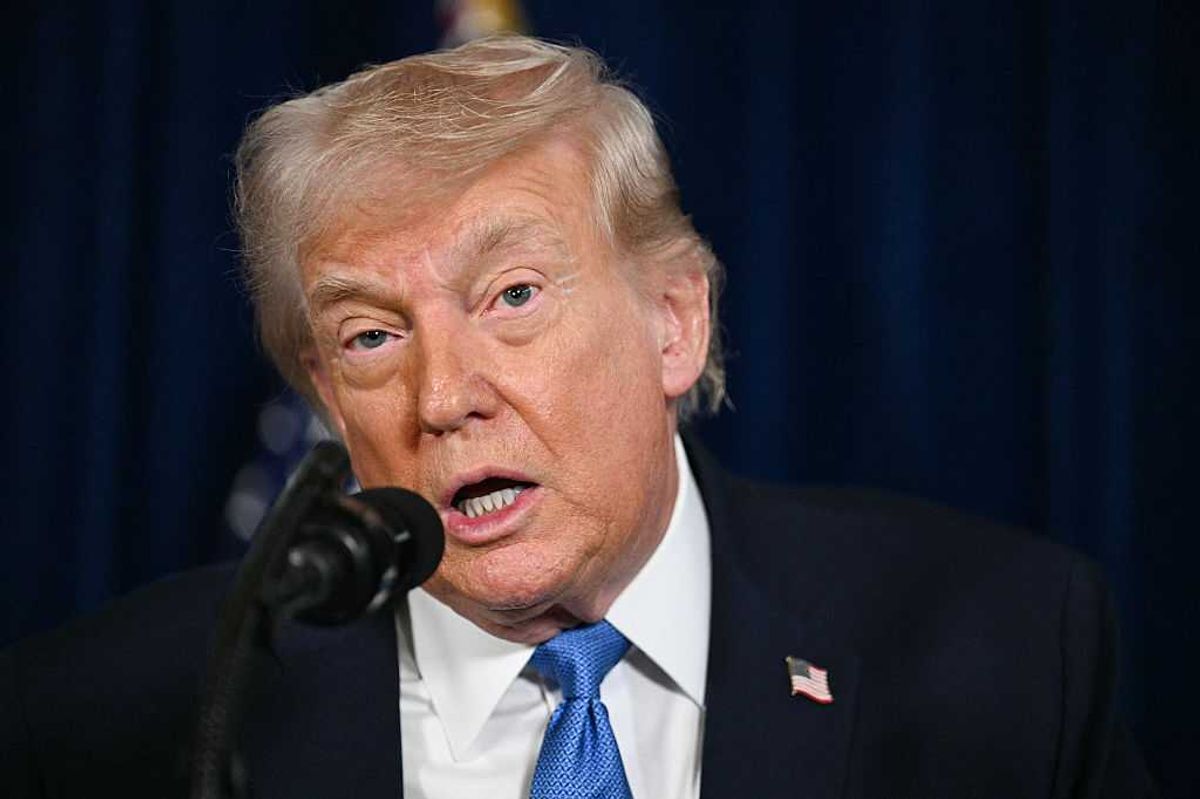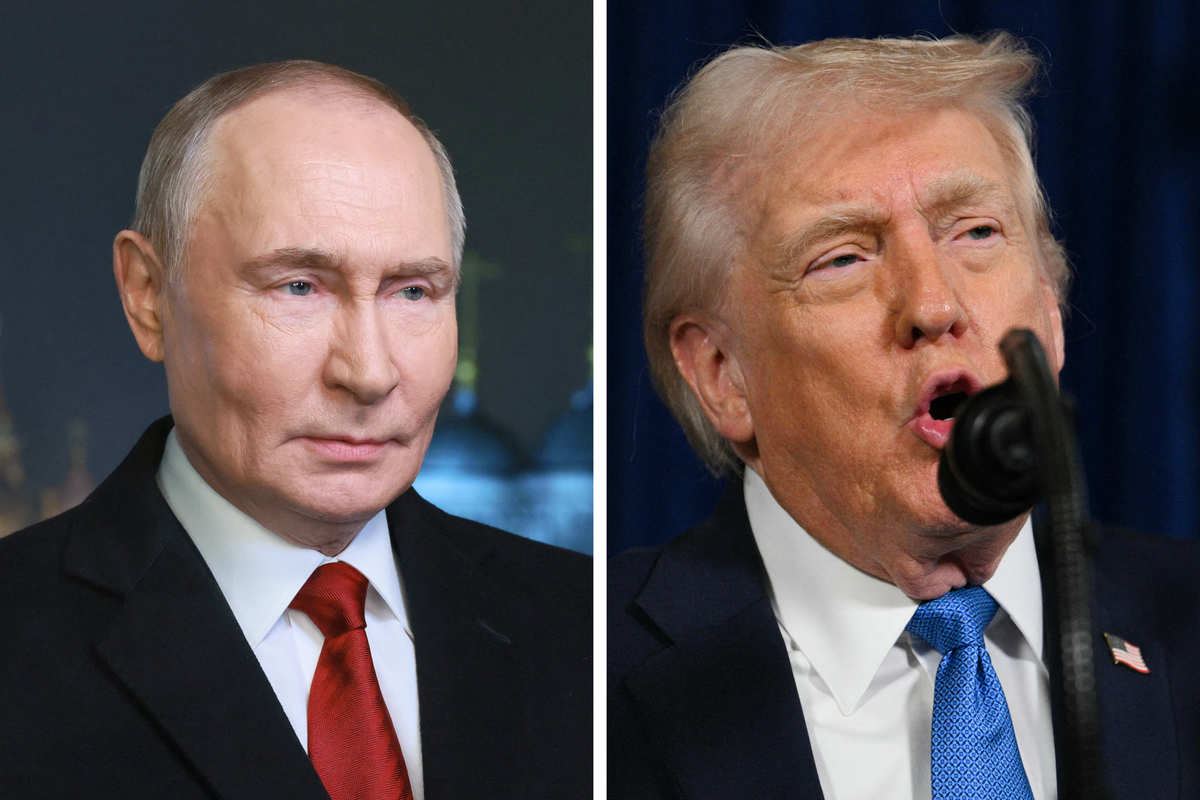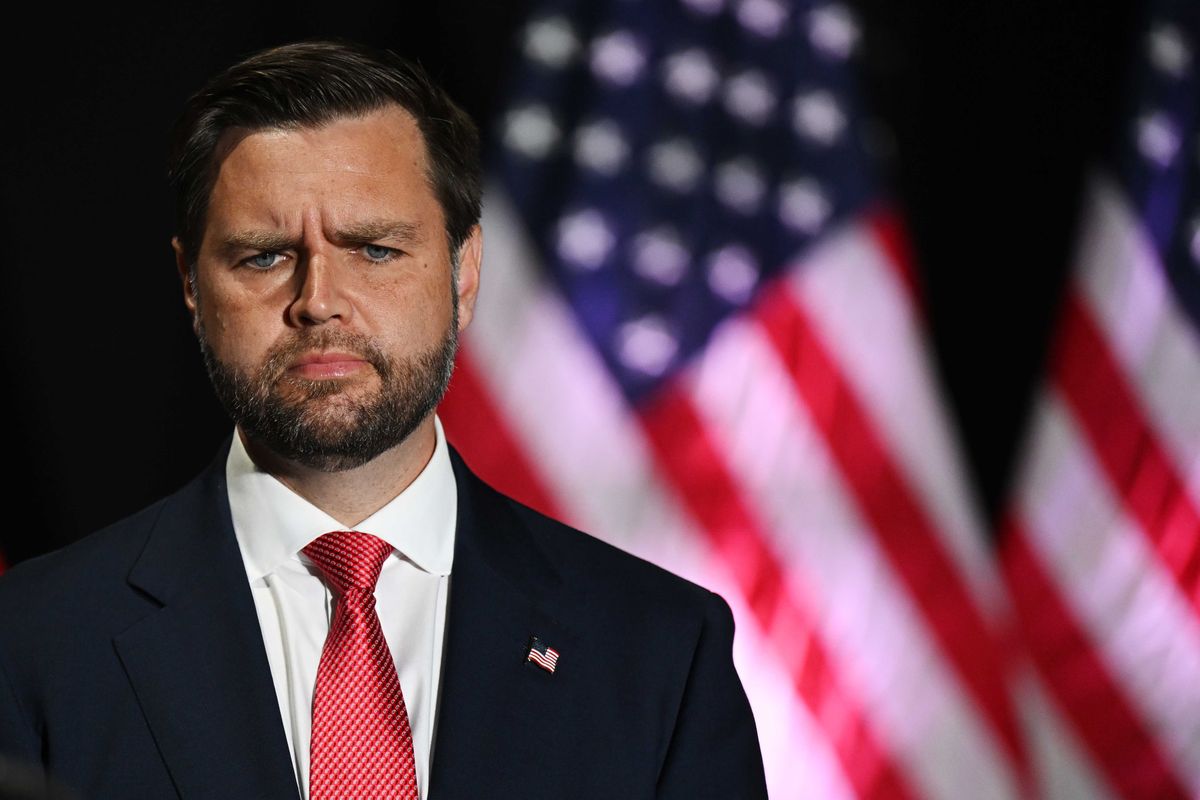News
Isobel van Hagen
Jun 16, 2020

Getty
The US Supreme Court voted on Monday to protect LGBTQ Americans from workplace discrimination in a landmark ruling that has stunned just about everybody in a country where gay and transgender rights are under attack from the presidency.
The extraordinary 6-3 ruling meant once again meant Brett Kavanaugh, who dissented, faced loathing on the Internet, and the surprising "hero" of the day was Neil Gorsuch — a conservative judge recently appointed by Trump.
The real champions were, of course, the activists and lawyers at the centre of the decision. Here’s a breakdown of everything you should know about this groundbreaking case and its consequences:
The decision
The top court in the US ruled that employers who fire workers for being gay or transgender are breaking the country's civil rights laws. In a 6-3 decision, the Supreme Court said federal law — which prohibits discrimination based on sex — should be understood to include sexual orientation and gender identity.
The decision was especially surprising as the court has recently become much more conservative.
Lawyers for the employers of the plaintiffs argued that the authors of the 1964 Civil Rights Act did not intend for it to apply to cases involving sexual orientation and gender identity. The Trump administration sided with that argument.
But Judge Neil Gorsuch, who was nominated to the court by President Donald Trump in 2017, said acting against an employee on those grounds necessarily takes sex into account.
"An employer who fires an individual for being homosexual or transgender fires that person for traits or actions it would not have questioned in members of a different sex," he wrote.
One of the plaintiffs, Aimee Stephens, didn't live to see the day she fought for. Stephens, a transgender woman, died last month at 59 after suffering from complications related to kidney disease.
She worked as a funeral director for almost six years in Michigan, and was fired in 2013 after writing a letter to her coworkers about her decision to have gender reassignment surgery.
"The first step I must take is to live and work full-time as a woman," Stephens wrote at the time. "I will return to work as my true self," she said, adding, "In appropriate business attire."
In an interview last year, Stephens said "the idea of going to the Supreme Court was beyond my wildest dreams."
Importance of timing
This decision came at a particularly poignant and desperate time for LGBTQ right in the US. Just days before the decision, the Trump Administration rolled back Obama-era healthcare protections for transgender people and abortion access.
That decision is now, fortunately, void.
It also comes in a time of renewed awareness of embedded racism and homophobia, as well as during Pride month. Tens of thousands of people rallied across on Sunday in New York, to campaign for the rights of black transgender people – a group particularly at risk of violence and of being killed.
Brett Kavanaugh's dissent
While many American were overwhelmed with joy about the decision, Twitter users were quick to condemn conservative Kavanaugh for voting against it.
Kavanaugh was appointed to court under highly controversial circumstances after he was credibly accused of sexual assault in 2018.
Senator from Maine Susan Collins also faced ire on Monday evening, as she voted to confirm Kavanaugh two years ago. Collins, who faces a tough 2020 re-election bid, is among the most vocal Senate Republican supporters, supposedly, of LGBTQ rights.
Neil Gorsuch gets highly-praised — too soon?
In a surprise twist, Trump-appointee judge Neil Gorsuch not only sided with the liberal side of the court, but also wrote the decision as to why LGBTQ people deserve basic human rights.
He received high praise across social and news media cites. A CNN headline read, "Why Trump's Supreme Court appointee Neil Gorsuch just protected LGBTQ rights" and many were excited by his seeming change of political tune.
While many conservatives were certainly not happy with Gorsuch's decision, perhaps it is not time to give him too much credit too soon.
"You don’t get a high five for voting yes for something that should not even be in question," one Twitter user wrote.
"He did a good thing," comedian Kathy Griffin wrote. "But today isn't about him."
Top 100
The Conversation (0)













